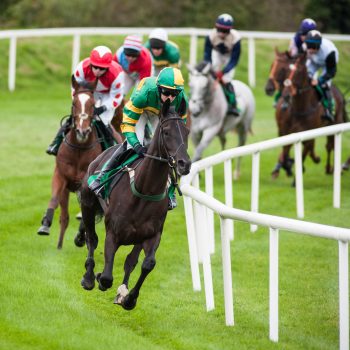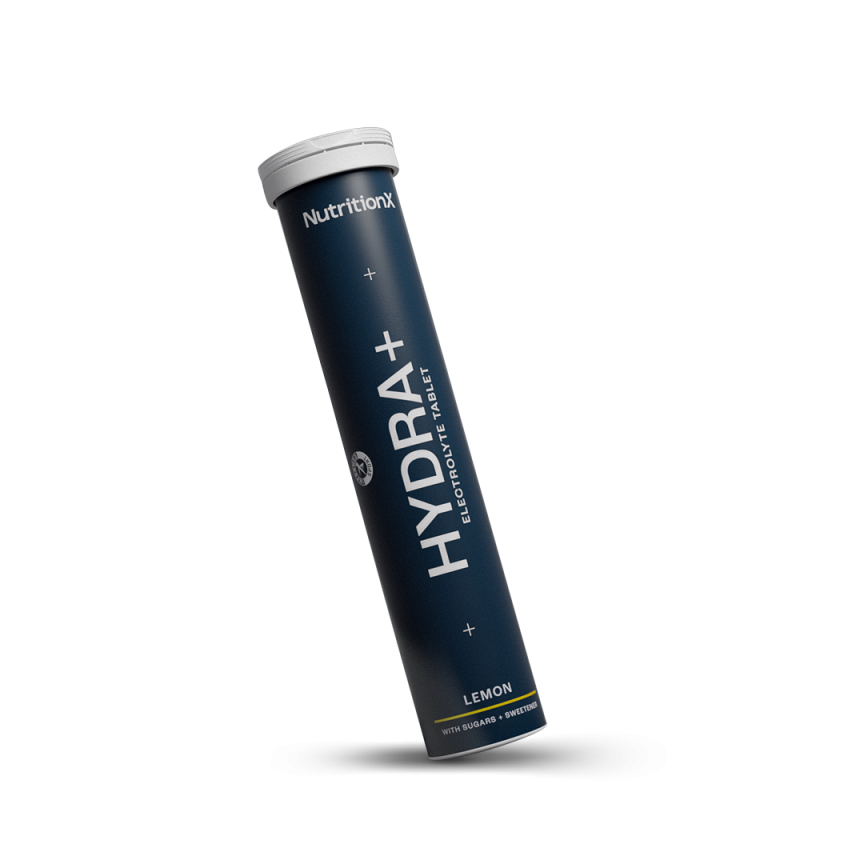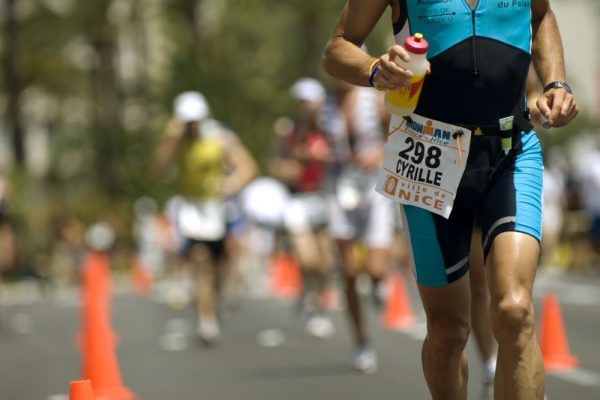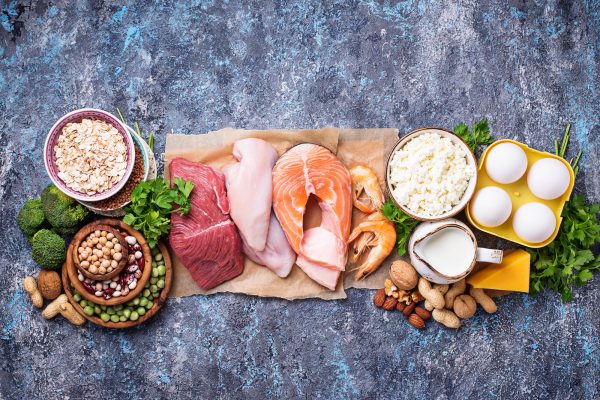With the hotly-anticipated horse racing season now upon us and Cheltenham’s famed Gold Cup week coming to a close, we caught up with celebrated professional flat jockey Paul Mulrennan about his career path to date; discussing how he got into jockeying, his approach to fuelling his performance and how nutrition has played a part in honing his racing career.
How did you get into a career in horse racing?
“I came into horse racing from a young age, when I was about 15. I was always very small and light at school, but I loved sport; it was really the only thing I enjoyed. I had no racing background when I started and was a complete novice, and it probably took me a good 10 years to “make it”. I just kept at it, and as the years went by I started really picking it up, practising more and more. I always say to young people looking to get into racing that it's a marathon, not a sprint, and you really never stop learning.”
How has nutrition played a part in your training/ performance as a jockey?
“I can honestly say that prior to meeting George Wilson (exercise scientist and SENr registered sport nutritionist who’s main area of research is weight-making) around 8 years ago, I didn't have a clue about how nutrition played a role in my performance. You know, my diet, when to eat, when not to, how to put the right fluids back in my body, protein, carbohydrates, training at the right times… Thankfully, we (in general) are so much more educated when it comes to nutrition now. Particularly when it comes to hydration. I think that's all that's all played a massive role in me achieving longevity in my career.
It's not just me, either, all jockeys are “lasting” longer in their careers and I’m sure it’s as a result of improved education when it comes to performance-related nutrition. It’s no coincidence that all jockeys are now acting like athletes - they're in the gym nearly every day, if not twice a day, and they're all eating and drinking the right stuff, which they weren’t probably doing years ago. It’s definitely changed the sport.
Working with George (Wilson), I’ve learned a lot about eating the right foods for energy, as well as eating the right foods at the right times. This is important as a jockey because of the importance of weight – for example, if I’ve got a light weight tomorrow, I’ll avoid eating a lot of heavy carbs the night before.”
How important is hydration for jockeys?
“Sleep and water are two of the most vital things your body needs. Back in the day, I mean we never drank water to be honest with you, and would burn the candle at both ends. When we all went to see George in Liverpool, he explained all of these things to us and the importance of hydration, so I now know to hydrate with the right things at the right times. It really does make a big difference when you’re riding. Knowing your stuff is key to lasting in any sport.”
How do you stay on top of nutrition when you’re racing around the country?
“Meal preparation is key here. I’m very lucky as my wife, who was a jockey, knows the food I need and does a lot of meal prep for me; which is a huge help. I have it there ready and bring it racing with me, so I don’t need to worry about getting the right things from the right places.”
How do you use supplements to support your training as a jockey?
“I swear by hydration tablets like Hydra+. I’m quite tall for a flat jockey – I’m just under five eight – so there isn’t really too many days that I don’t have a sweat on! As soon as I’ve made weight for a race, I get these in me to ensure I’m properly hydrated. I also like protein shakes. Like any sport, ensuring you’re properly hydrated and you’re supporting your body from a recovery point of view is vital. Obviously jockeys have to be conscious of making weight, sometimes having to do this every day when we’re racing up and down the country, so we have to adapt our eating to allow for this.”
How has your training and attitude to nutrition changed over the years?
“It's completely different. It's mad to think that I'm 40 in April and I'm basically fitter and stronger now than I was when I was in my mid-twenties. I can see it in my physique just in the last few years; training properly and the importance of diet and hydration has really made a difference. I used to suffer from terrible cramps before, but I just wasn't getting enough fluids down me or the right kinds of fluids. That’s all stopped now.”
What I’ve learned is that you can do whatever training you want, but if your diet isn’t right, you’re just wasting your time. There’s plenty of days I have cheat days - I like a Chinese the same as anyone else! The difference is I know that you can do whatever training you want, but if you're not putting the right fuel in the majority of the time, you’re not going to get the results.
This is definitely really important as a jockey, given the fact that we have to make weight consistently, and have to adapt accordingly. Back in the day, we used to do crazy things like starve ourselves a lot of time for two or three days and just living in sweat suits etc, just to make sure we got our weight down. We were doing it all backwards basically. The difference now is we know what to put into our bodies and how to fuel/ hydrate effectively all the time, so this kind of drastic approach isn’t needed. We know a lot more.”








